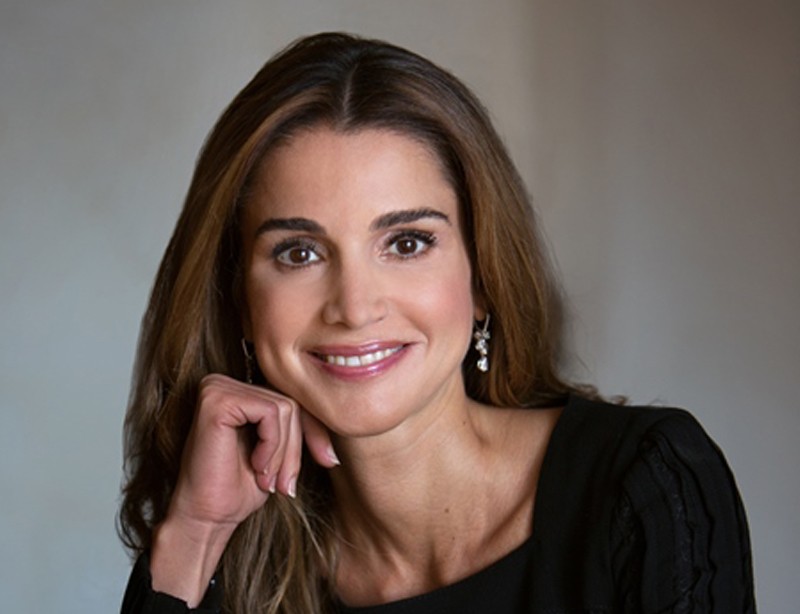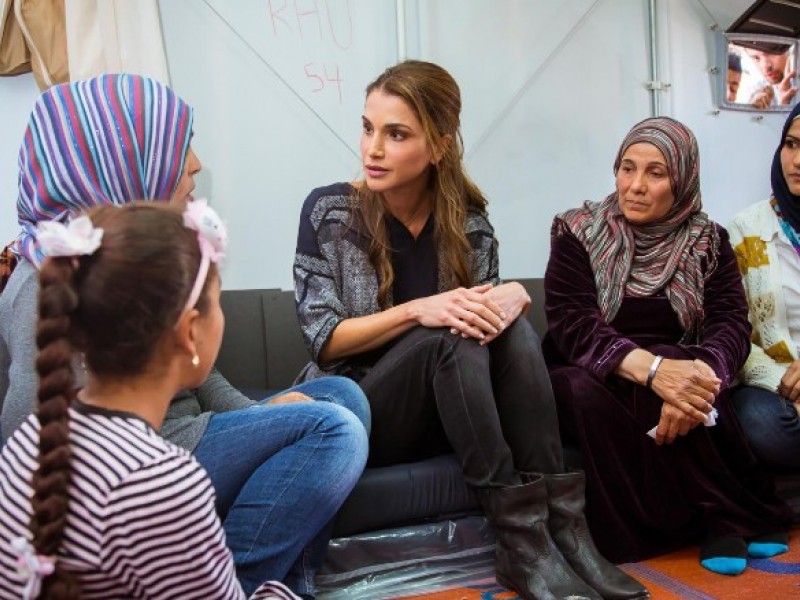An Issue Where Canada Needs to Lead

Slippery hands. Tree bark. Tugboats. You won't find these in UNESCO's Global Monitoring Report being launched this week in Ottawa.
The report tells us how the world is doing at reaching our Education for All goals. It says 72 million aren't in school. It calculates we need an extra $16-billion a year to put all of them into primary school - that's less than the world spent on instant coffee last year. In short, we're not doing so well.
The report's an important document because education is important; that's just common sense. But let me tell you three things about education that aren't common sense and you won't find in this report.
Educated children have slippery hands: They just can't hold on to anything. Like in India, where I met girls who went to school and learned how to write - no sooner were they home than they were giving their textbooks to younger sisters and teaching their illiterate mothers to read.
And in South America, I saw women who let slip 90 per cent of their income into their families, paying for medicine or school. (Men have a better grip; they share 40 per cent.)
Educated children are like tree bark: From the ancient Greeks to native Americans, the bark of the willow tree was used as a remedy for aches and fever. That's because it contains the chemical cousin of our modern-day Aspirin.
Educated children have the same effect as this wonderful wood. In South Africa, I learned how education made diseases such as HIV far less prevalent; mothers survived childbirth; children lived more healthily. Wherever education took hold, life flourished.
An educated child is like a tugboat: We've seen tugs pushing huge ships into port or pulling them upstream. These undersized vessels are overendowed with power. Educated children are small, but equally empowered. They tug slowly, yet firmly, for change, shifting mindsets, pushing boundaries. In Morocco, I saw them pull communities upward, encouraging investment in safer streets and better schools. With enough tugboats, whole nations move upstream.
But, like I said, when it comes to Education for All, we're not doing so well. So let me suggest one more thing: We can make a comeback harnessing the power of two sports - hockey and soccer.
The symbolism of hockey should inspire political action: In June, Canada is set to play host to the G8 and the G20, the political equivalent of the Winter Olympics. It's where Canada can fight for education with the tenacity of its victorious hockey team.
Because, like that hockey team, Canada's education system is a national treasure and one of the best in the world. The Canadian International Development Agency is a power player, lifting the lives of Haitians, Iraqis, Afghans and many others.
Why is Education for All Canada's calling? Because, if nothing else, education is a fundamental Canadian value . I mean, quality education for every child? That's what I call Canadian, eh?
As a leader in aid and expert in education, Canada can urge the G8/G20 to jump-start our stalled efforts to provide Education for All; we just need political will.
The passion of soccer fans should also inspire our politicians: Last summer, I co-founded 1GOAL, a campaign to tap soccer fever. Partnered with the South Africa World Cup, our aim is to collect millions of signatures and raise the temperature for world leaders on Education for All.
Education isn't just a social issue - it's the social issue. It underpins everything we value: health, equality, sustainability and more. It can also help solve nearly every issue the G8/G20 tackles, from security to climate change.
That's why, this summer, Canada has to lead. So sign up and let's make June the moment we turned the game around and came back to win gold for children everywhere.
مواضيع مختارة
موقع جلالة الملكة رانيا العبدالله الرسمي
هذا الموقع الإلكتروني لا يدعم متصفحات الإنترنت القديمة. الرجاء تحديث متصفح الإنترنت إلى نسخة أحدث من إنترنت إكسبلورر 9
متصفح الإنترنت الذي تستخدمه قديم. لتحسين مستوى الأمان عند تصفح مواقع الإنترنت و مشاهدتها بالشكل الصحيح و بفعالية افضل قم بتحديث متصفح الإنترنت الخاص بك



